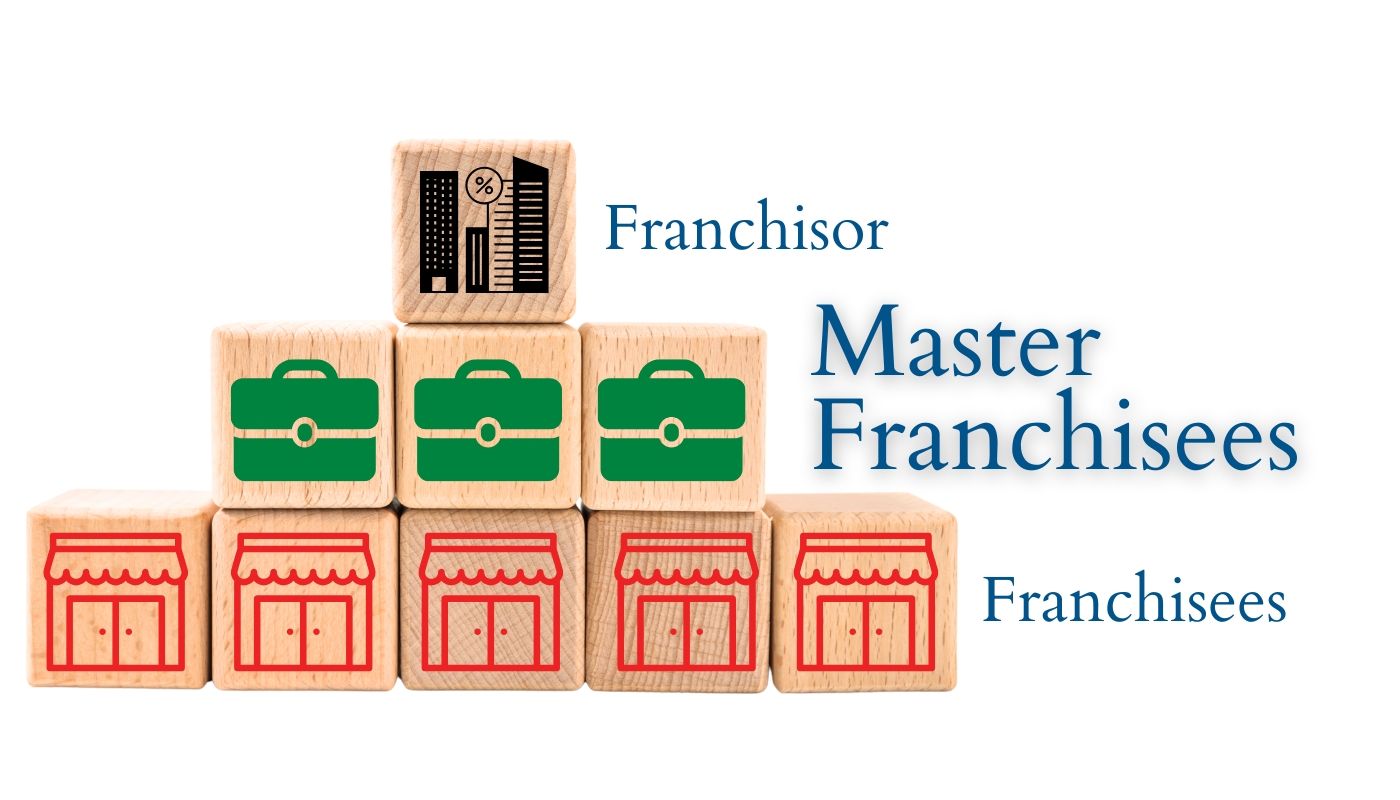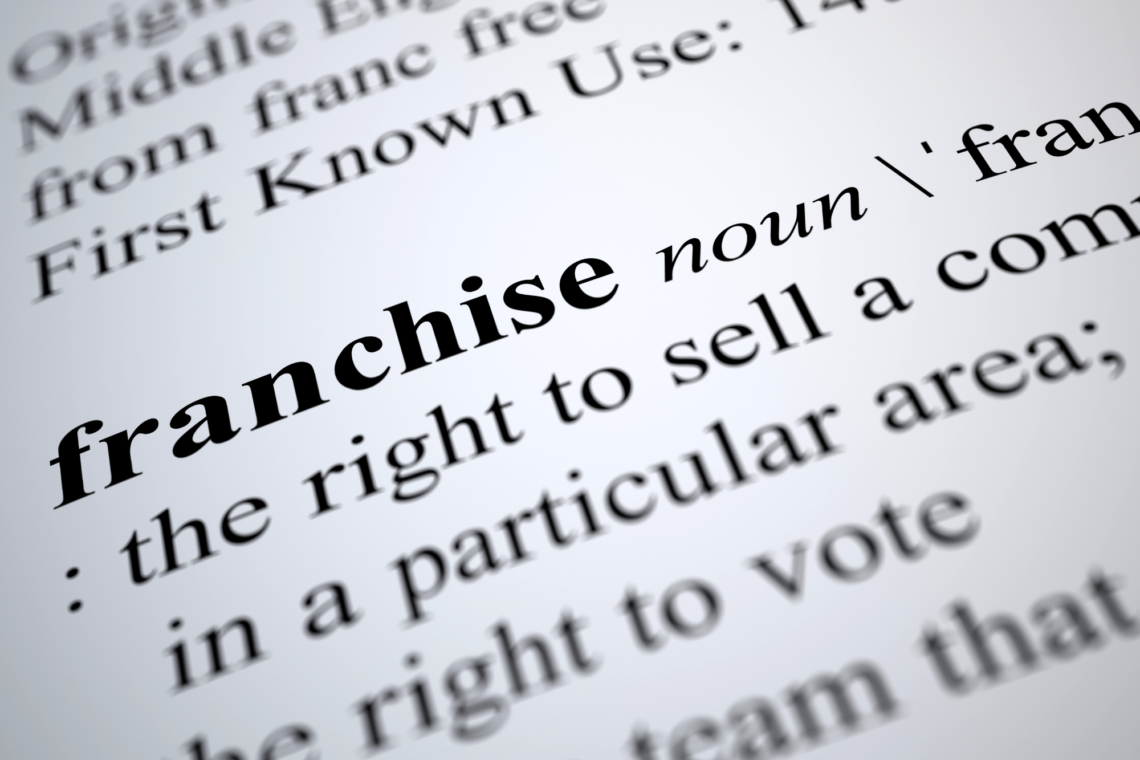Am I Prepared? Questions to Ask and Concepts to Understand Before Buying a Franchise
Buying a franchise is an exciting way to start your journey in business ownership, offering a proven model and the support of an established brand. However, leaping into franchising isn’t just about enthusiasm—it’s about asking the right questions and conducting thorough due diligence.
This blog will walk you through the critical questions to ask before buying a franchise, highlight key sections of the Franchise Disclosure Document (FDD), compare different franchise ownership models, and explain how professional guidance can help you make an informed, confident decision.
Why Due Diligence Matters When Buying a Franchise
Franchise ownership can be rewarding, but it’s a significant investment of time and money. The process involves understanding legal documents, financial commitments, and your role as an owner. Taking the time to ask the right questions protects your investment and helps you determine whether a particular franchise is the right fit for your goals and lifestyle.
And, with the current growth of the industry, potential franchisees will have many options to choose from. According to the
International Franchise Association (IFA), U.S. franchises added over 20,000-plus new units in 2025, showing steady growth and a 2.5% expansion of the franchising sector.

As the industry expands, knowing the best questions to ask when buying a franchise is essential for making the right decision.
Money Questions: What Are Your Cash Requirements and Financing Options?
Before you fall in love with a brand or concept, it’s vital to assess your financial readiness and understand the cash requirements involved in buying a franchise.
How much cash do you have available to invest?
Franchisors typically require a minimum cash investment, which covers the initial franchise fee and other startup costs.
What are your financing options?
If you don’t have all the necessary funds, you’ll need to explore financing options. These might include Small Business Administration (SBA) loans, home equity loans, retirement fund rollovers (ROBS), or third-party lenders who specialize in franchise financing.
What are your monthly living expenses?
It’s wise to have enough savings to cover personal expenses during the ramp-up phase, which can take several months or longer before the business becomes profitable.
How will ongoing fees and royalties impact your cash flow?
Understanding the recurring costs is crucial for long-term success.
Taking time to map out these financial realities will give you a clearer picture of whether the franchise is a sustainable match for your resources and long-term goals.
Your FDD: What Is a Franchise Disclosure Document?
The FDD is a federally mandated document that provides detailed information about the franchise system, the franchisor, and the investment you’re considering. Reviewing the FDD is one of the most important steps in your due diligence process. It’s structured into 23 items, each addressing a different aspect of the franchise relationship. Let’s focus on the most critical sections you should review and what questions to ask before buying a franchise.
Gaining a Thorough Understanding: Key FDD Items to Review
When reviewing the FDD, it’s easy to feel overwhelmed by the amount of information. Breaking it down section by section and knowing what questions to ask before buying a franchise makes it more manageable. Here are some of the sections you should pay close attention to:
Item 3: Litigation
Item 3 discloses past or current litigation involving the franchisor.
Ask: Has the franchisor been involved in lawsuits with franchisees? Frequent or unresolved litigation could signal problems with the franchise system or its business practices. Investigate the nature and outcome of any cases to understand potential risks.
Items 5, 6, and 7: Initial Fees, Other Fees, and Initial Investment
Before you can fully evaluate a franchise, you need to understand the costs involved. The following FDD items and questions break down the financial requirements in detail, giving you a realistic picture of what it takes to get started:
- Item 5 (Initial Fees): What is the initial franchise fee, and what does it cover? Are there additional upfront costs?
- Item 6 (Other Fees): What ongoing fees, royalties, marketing contributions, and technology fees are required? Are there penalties for late payments?
- Item 7 (Estimated Initial Investment): What is the total investment required to open the franchise, including equipment, inventory, real estate, and working capital? Does the estimate match your financial capacity? Franchise Direct notes that the average initial investment can range between $100,000 and $300,000, depending on the industry.
These sections help you budget accurately and avoid surprises. Always ask if there are hidden or optional costs not detailed in the FDD.

Item 12: Territory and Protection
Item 12 explains whether you’ll have an exclusive territory and what protection you have from competition—both from other franchisees and from the franchisor itself.
Ask: Will your territory be exclusive? Can the franchisor open company-owned locations nearby or sell through other channels?
Item 17: Renewal, Termination, Transfer, and Dispute Resolution
This section spells out what happens at key points in your franchise relationship. Important questions to ask during these points include:
- Renewal: Can you renew your franchise agreement, and what are the terms?
- Termination: Under what circumstances can the franchisor terminate your agreement?
- Transfer: Can you sell or transfer your franchise, and what are the requirements?
- Dispute Resolution: How are conflicts handled? Arbitration, mediation, or litigation?
Understanding these provisions protects your long-term interests and exit strategy.
Item 19: Financial Performance Representations
Item 19 is one of the most scrutinized sections, as it may provide financial performance data for the franchise. Here are a few questions to ask the franchisor about such figures:
- Does the franchisor provide earnings claims or sales figures for existing locations?
- Are the numbers based on average, median, or top-performing locations?
- What assumptions are behind these figures?
Keep in mind that all franchisors include Item 19 data; absence of information isn’t necessarily a red flag, but it does mean you’ll need to do more research and speak with current franchisees.
Item 20: Outlets and Franchisee Information
Item 20 lists the number of franchise units open, closed, sold, or transferred over the past three years. High turnover or numerous closures may indicate issues with the system.
Ask: What’s driving these numbers? Contacting current and former franchisees is a must for real-world insights.
Item 21: Financial Statements
Item 21 provides audited financial statements for the franchisor. Are they financially stable? Do they have enough resources to support you and the system? If you’re not comfortable analyzing financials, seek advice from a qualified accountant or consultant.

Franchise Ownership Models: Semi-Absentee vs. Owner-Operator
Choosing between different franchise ownership models is another important decision you’ll make as a prospective franchisee. Here is a bit about the two types of franchise ownership models.
Semi-Absentee / Passive Investor Model
The semi-absentee model allows you to balance your franchisee role with other responsibilities, as it typically requires a commitment of 10 to 15 hours per week. Or, as a franchise investor, you can have little to no involvement in the business.
- Pros: Allows you to keep your current job or pursue other ventures; more flexible schedule; can build multiple units as an investor.
- Cons: Requires hiring and managing competent staff; less day-to-day control; not all franchises allow this model.
Owner-Operator Model
In this model, the franchisee dedicates their full working hours to the franchise. They are heavily involved in the daily operations of the business.
Pros: Direct involvement; greater control over operations and customer experience; often leads to higher success rates due to hands-on management.- Cons: Demands full-time commitment; less flexibility; your income is closely tied to the franchise’s performance.
Which model suits you best? Consider your lifestyle, professional goals, and desired level of involvement. Having a clear understanding of different franchise ownership models helps ensure your investment matches your goals.
How Do Expert Franchise Consultants Support Your Franchise Journey?
Navigating the franchise buying process can be overwhelming, but you don’t have to go it alone. Many prospective owners turn to franchise consulting services. This type of professional support offers:
- Personalized Guidance: One-on-one support to clarify your goals, budget, and risk tolerance.
- FDD Review and Analysis: Expert insights on critical FDD items, financial statements, and franchise agreements.
- Model Assessment: Assistance in evaluating semi-absentee versus owner-operator models.
- Financing Solutions: Recommendations for funding options tailored to your situation.
- Franchisee Networking: Connections to current and former franchisees for candid conversations and real-world advice.
- Ongoing Support: Guidance from the research phase through opening day and beyond.
A franchise consultant’s role is to ensure you’re not just buying a business—you’re investing in the right opportunity, with the clarity and confidence you deserve.
Ask, Analyze, and Achieve Success With Hundred Acre Consulting
Buying a franchise is an exciting, career-changing decision. Knowing which questions to ask and what to understand before buying a franchise—cash requirements, financing, FDD sections, and ownership models—will help set you up for success. Don’t underestimate the value of professional guidance.
With Hundred Acre Consulting as your partner, you’ll have the support and expertise necessary to guide you through the process, ask the right questions, and make owning a franchise a reality.
Connect with us and take the first step toward franchise success!




















































